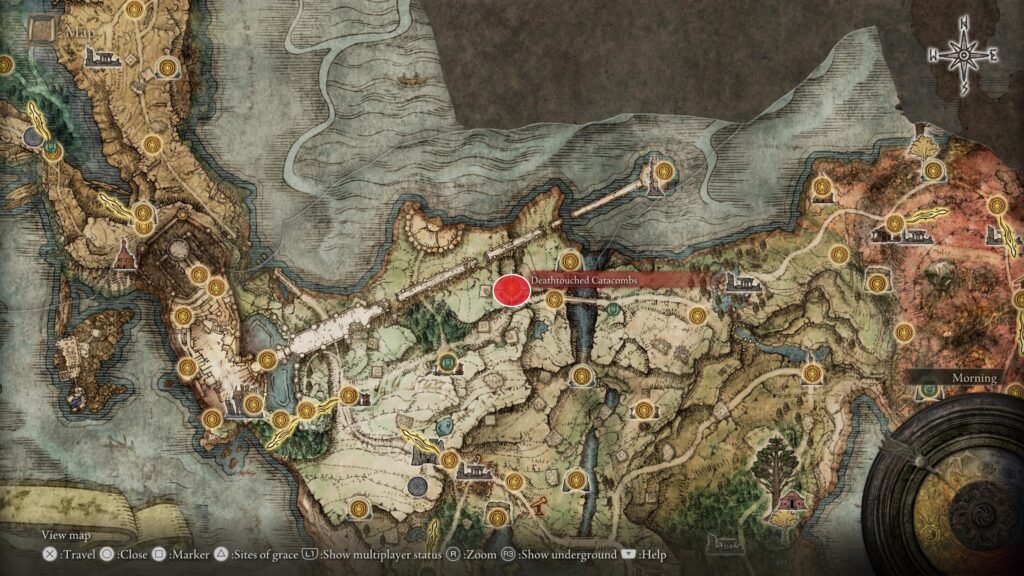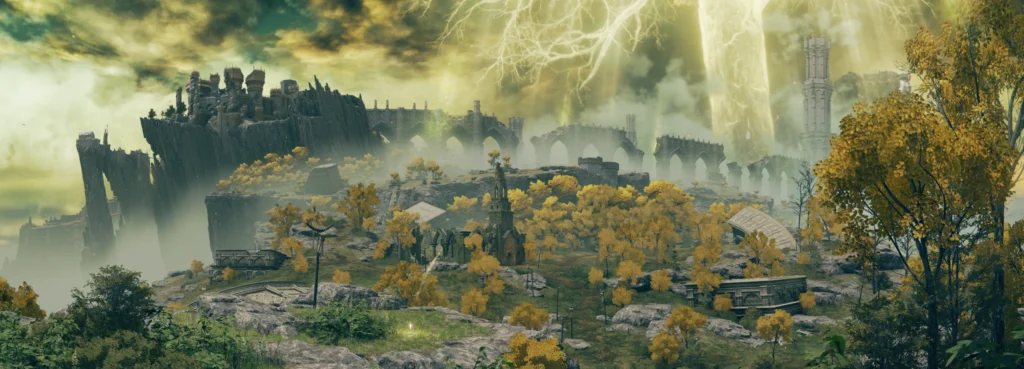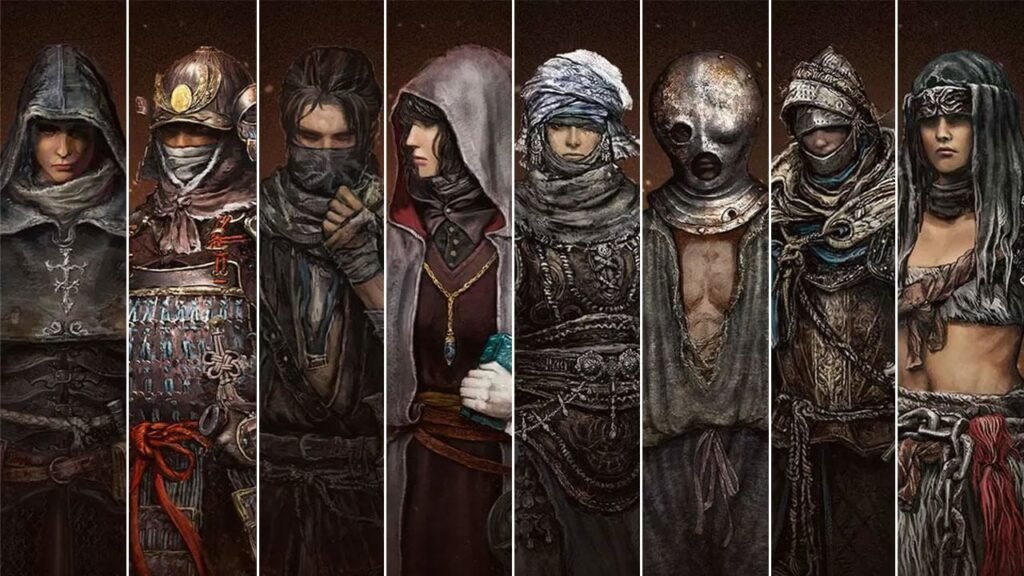
Elden Ring offers a diverse range of starting classes, each tailored to a different playstyle. Here’s an overview of each class, focusing on their strengths, attributes, and starting gear, to help you choose the right one for your journey in the Lands Between.
Contents
Understanding Elden Ring’s Stats
Before selecting your class in Elden Ring, it’s essential to grasp the significance of each attribute. Every class begins with a total of 80 attribute points distributed differently depending on the class level and specialization. Each attribute caters to different gameplay aspects:
- Vigor: Impacts your maximum health, resistance to fire, and immunity to poison.
- Mind: Affects your maximum focus points (FP) and resistance related to focus.
- Endurance: Influences your stamina, physical defense, equipment load capacity, and robustness.
- Strength: Essential for using strength-scaling weapons and heavy armor.
- Dexterity: Affects the power of dexterity-scaling weapons, reduces casting times, lowers fall damage, and is necessary for handling advanced weaponry.
- Intelligence: Needed for casting Glintstone Sorceries, enhances magic-scaling weapon attacks, and improves magical resistance.
- Faith: Necessary for casting incantations and enhances magical damage that scales with faith.
- Arcane: Controls item discovery, affects resistance to death and certain spells, and is required for specific weapons and spells.
These attributes not only dictate your initial capabilities but also guide your development and specialization throughout the game. Adjustments and respec options are available later, allowing for refined tuning of your character’s strengths.
Class Overview and Attributes
Below is a comparison of the starting stats for each class, reflecting their distinct capabilities and initial focus areas:
| Class | Level | Vigor | Mind | Endurance | Strength | Dexterity | Intelligence | Faith | Arcane |
|---|---|---|---|---|---|---|---|---|---|
| Vagabond | 9 | 15 | 10 | 11 | 14 | 13 | 9 | 9 | 7 |
| Warrior | 8 | 11 | 12 | 11 | 10 | 16 | 10 | 8 | 9 |
| Hero | 7 | 14 | 9 | 12 | 16 | 9 | 7 | 8 | 11 |
| Bandit | 5 | 10 | 11 | 10 | 9 | 13 | 9 | 8 | 14 |
| Astrologer | 6 | 9 | 15 | 9 | 8 | 12 | 16 | 7 | 9 |
| Prophet | 7 | 10 | 14 | 8 | 12 | 8 | 7 | 16 | 11 |
| Samurai | 9 | 12 | 11 | 13 | 12 | 15 | 9 | 8 | 8 |
| Prisoner | 9 | 11 | 12 | 11 | 11 | 14 | 14 | 6 | 9 |
| Confessor | 10 | 10 | 13 | 10 | 12 | 12 | 9 | 14 | 9 |
| Wretch | 1 | 10 | 10 | 10 | 10 | 10 | 10 | 10 | 10 |
Starting Gear and Playstyle
Each class starts with specific gear that complements their initial stats and intended playstyle:
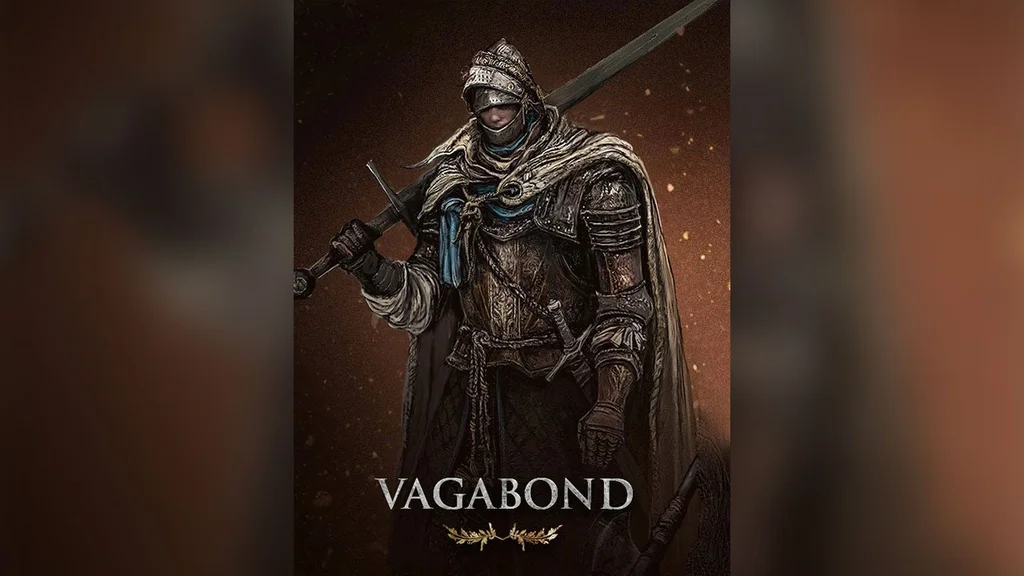
- Vagabond: Longsword, Halberd, Heater Shield – ideal for those favouring classic melee combat.
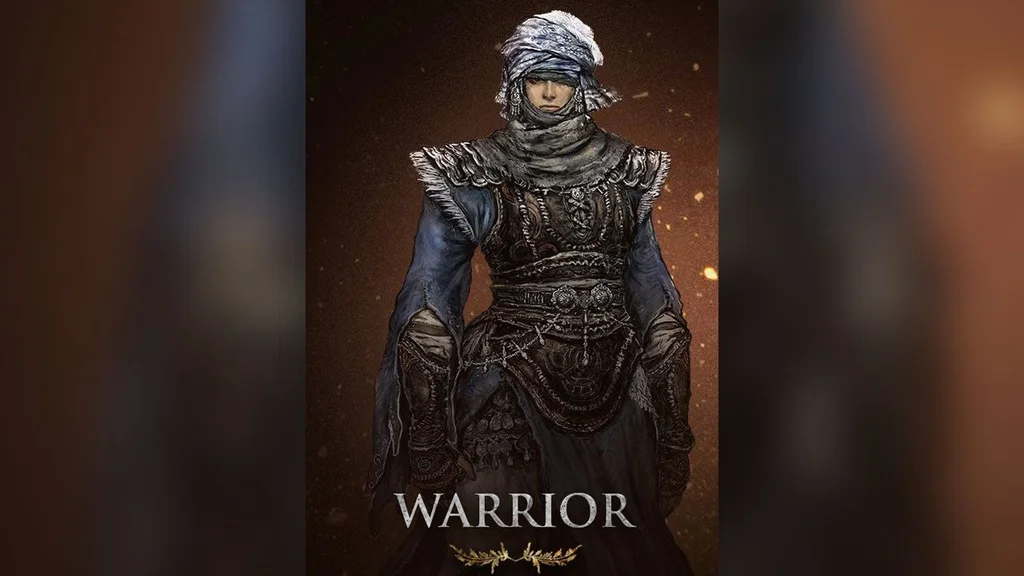
- Warrior: Dual Scimitars, Light Armor – suitable for players looking for agile, offensive strategies.
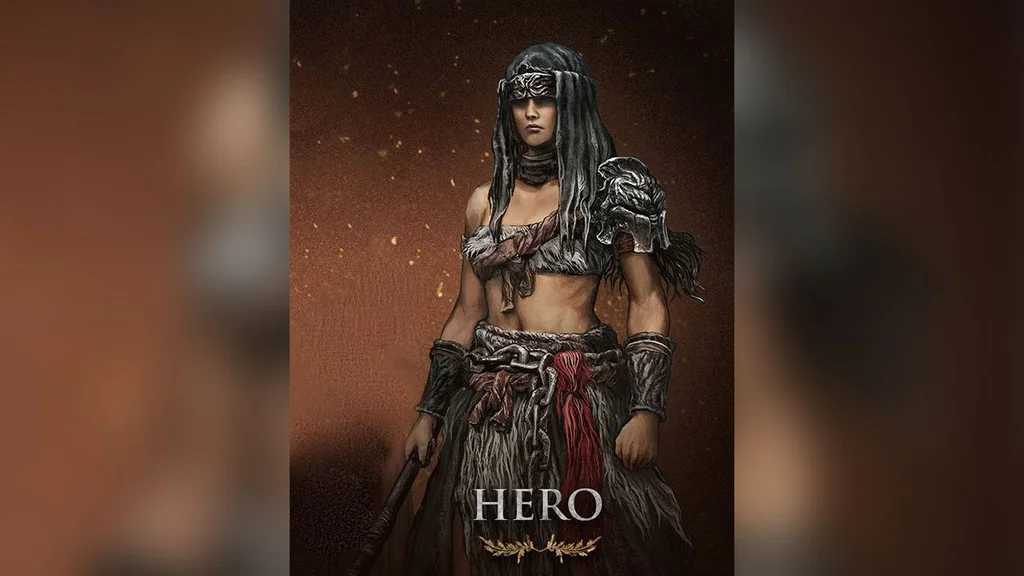
- Hero: Battle Axe, Large Shield – best for players who want to deal massive damage upfront.
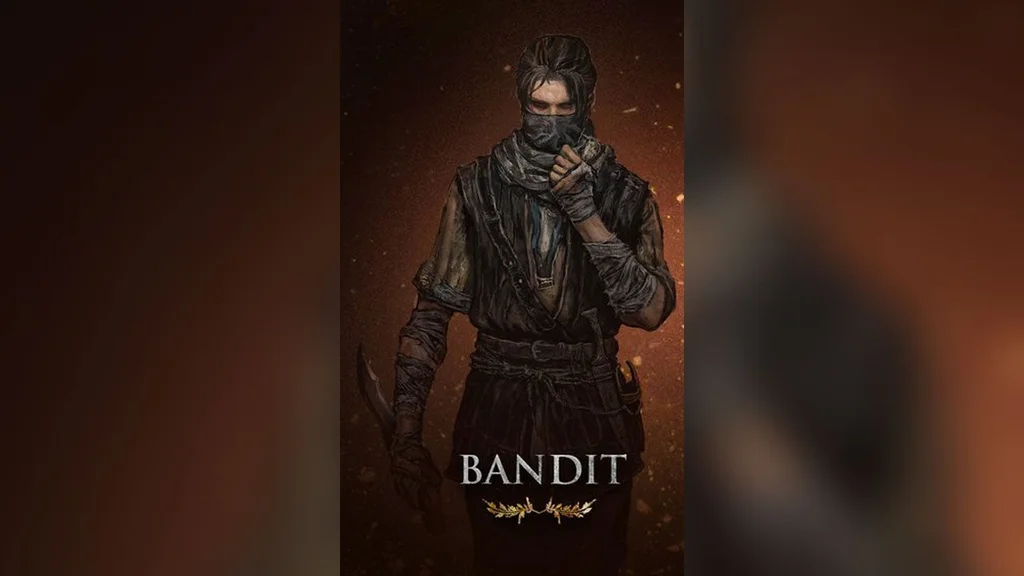
- Bandit: Knife, Buckler, Short bow – perfect for stealth and precision.
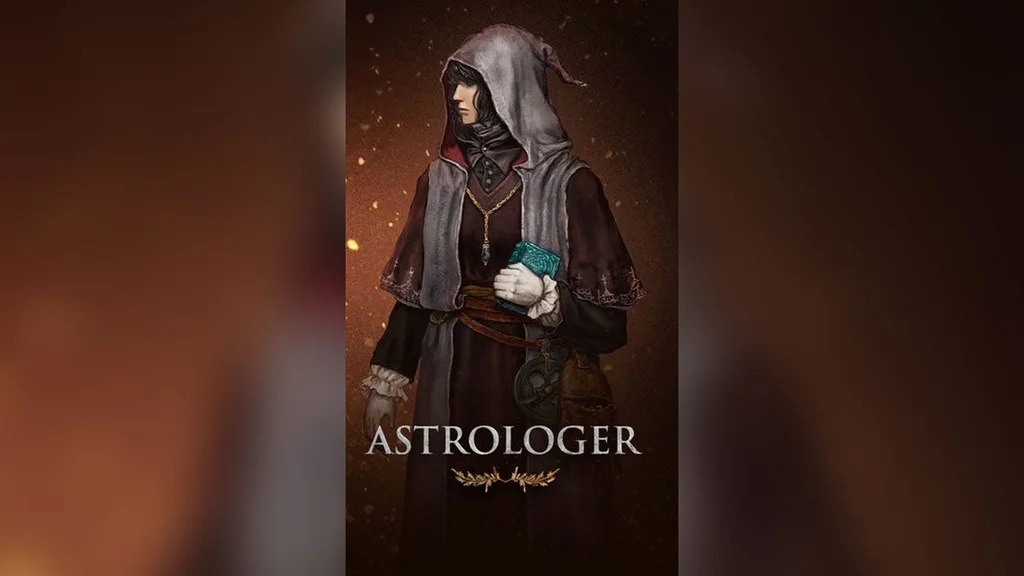
- Astrologer: Staff, Short Sword, Simple Spells – aimed at those who prefer ranged magical attacks.
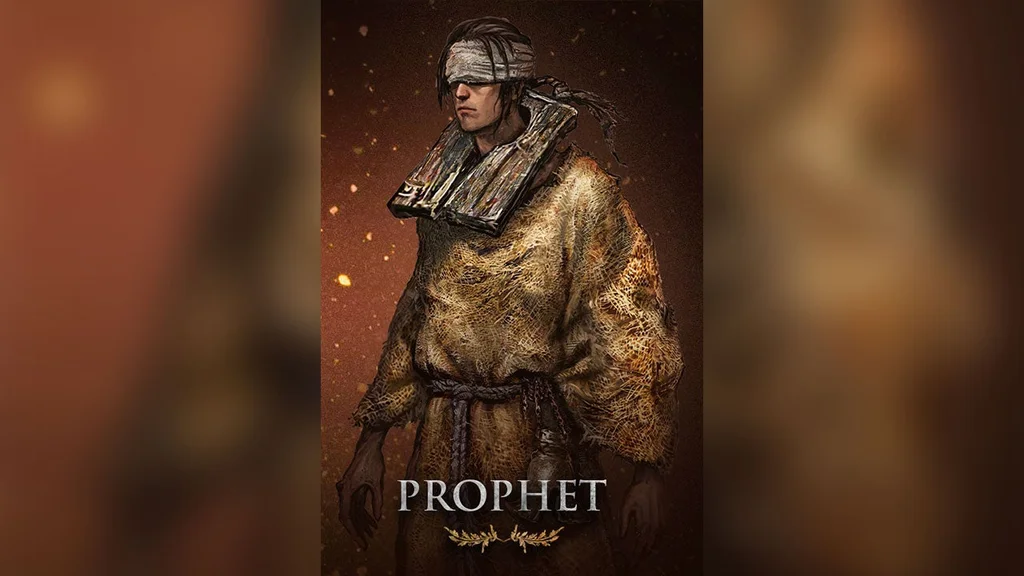
- Prophet: Spear, Basic Healing Incantations – great for players who utilize magic for defence and support.
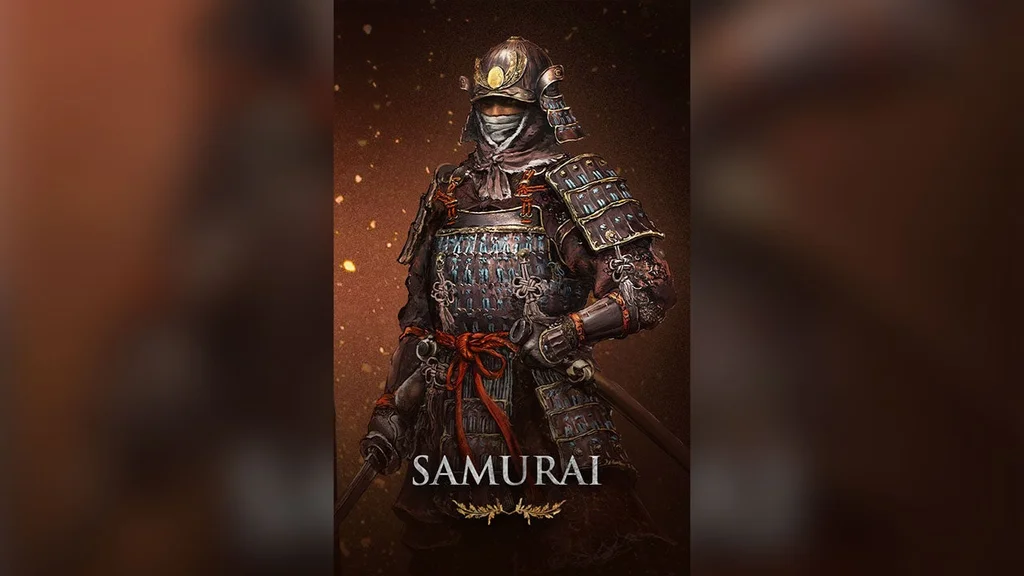
- Samurai: Katana, Longbow – caters to those who excel in swift, precise cuts and ranged attacks.
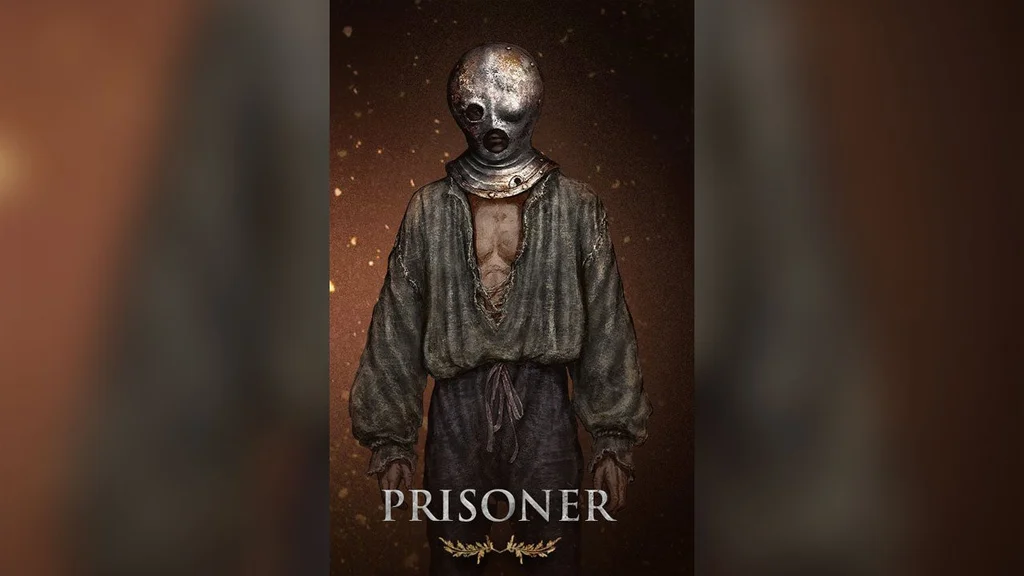
- Prisoner: Rapier, Magical Staff – for players who blend magic and melee skills.
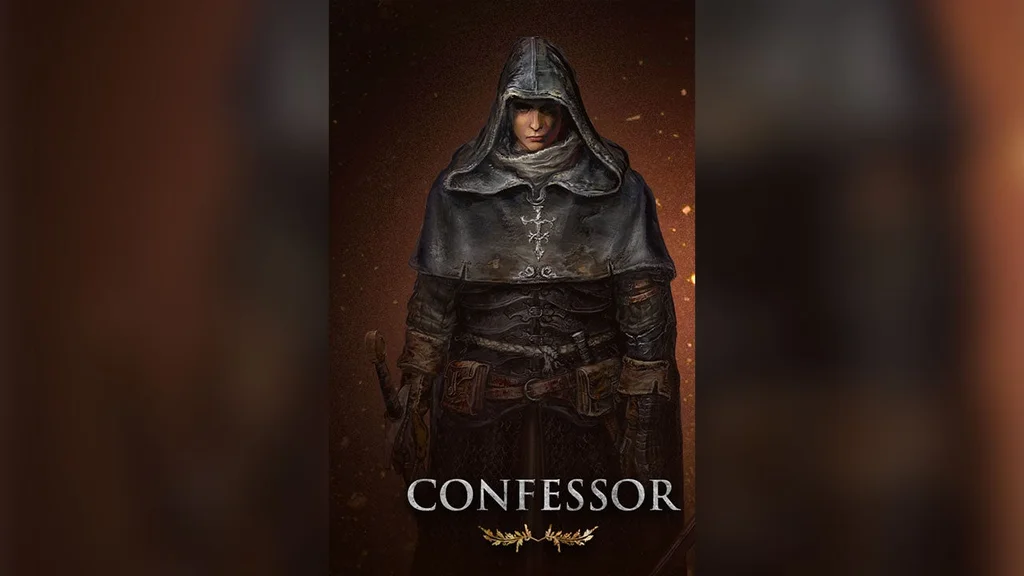
- Confessor: Sword, Shield, Basic Incantations – for a balanced approach between physical and magical attacks.
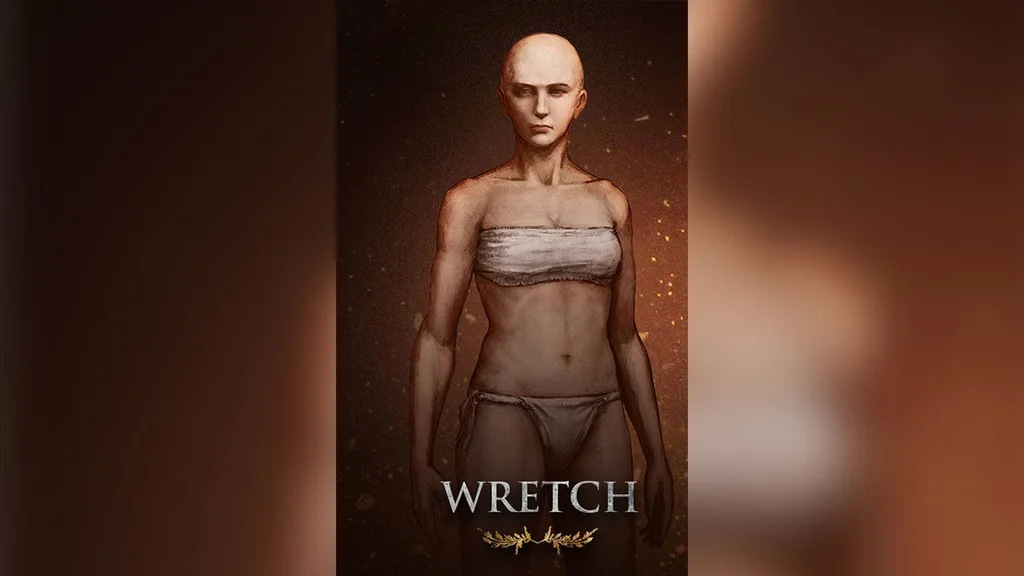
- Wretch: Club – offering a blank slate for players to truly customize their character from the ground up.
Keepsakes
Upon starting, players also choose a keepsake, which provides unique early advantages. Options range from items boosting health, providing runes, to special tools like the Cracked Pot or Stonesword Key, each adding strategic depth from the outset.
Choosing the right class in Elden Ring involves considering your preferred tactics, whether you enjoy front-line combat, strategic magic use, or a mix of both. Each class provides a unique foundation, but the open-ended nature of the game allows for significant customization as you progress.
Further Customization
As you advance in Elden Ring, the potential for customizing your character grows exponentially. The flexibility to respec attributes means that your initial class choice is just the beginning of your character’s evolution. This flexibility allows players to experiment with different builds without being permanently tied to their initial choices.
Strategic Use of Keepsakes
The keepsake chosen at the start can subtly influence your early game strategy:
- Crimson Amber Medallion and Golden Seed enhance survivability through increased health and flask uses.
- Stonesword Key provides early access to otherwise locked areas, potentially granting you an edge by securing powerful items early on.
- Fanged Imp Ashes introduces an element of strategy with spirit summons, providing assistance in battles.
Conclusion
Choosing a class in Elden Ring is the first step in a complex journey of growth and discovery. With each class offering a unique starting point, the game accommodates a multitude of strategies and styles. Whether you’re a melee fighter, a magic wielder, or somewhere in between, Elden Ring’s class system is designed to complement and challenge your approach to the game, ensuring that every decision impacts your experience in the Lands Between. As you progress, remember that your initial choices are just the beginning, and the path to becoming the Elden Lord is as diverse as the classes themselves.

